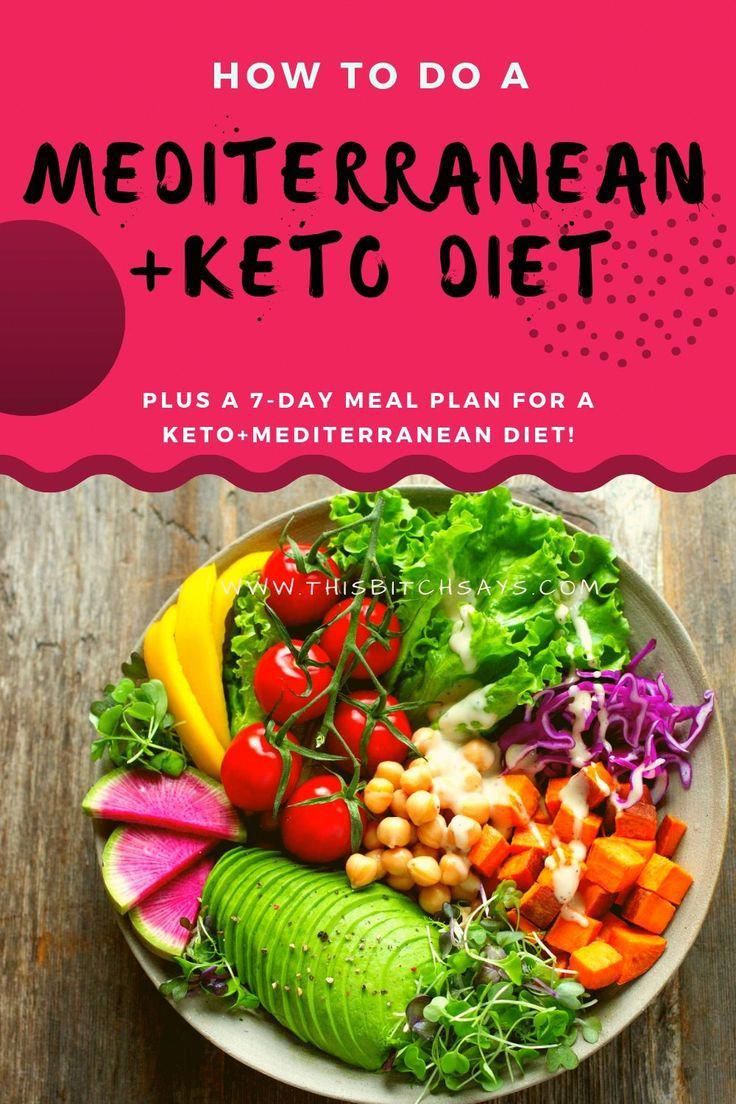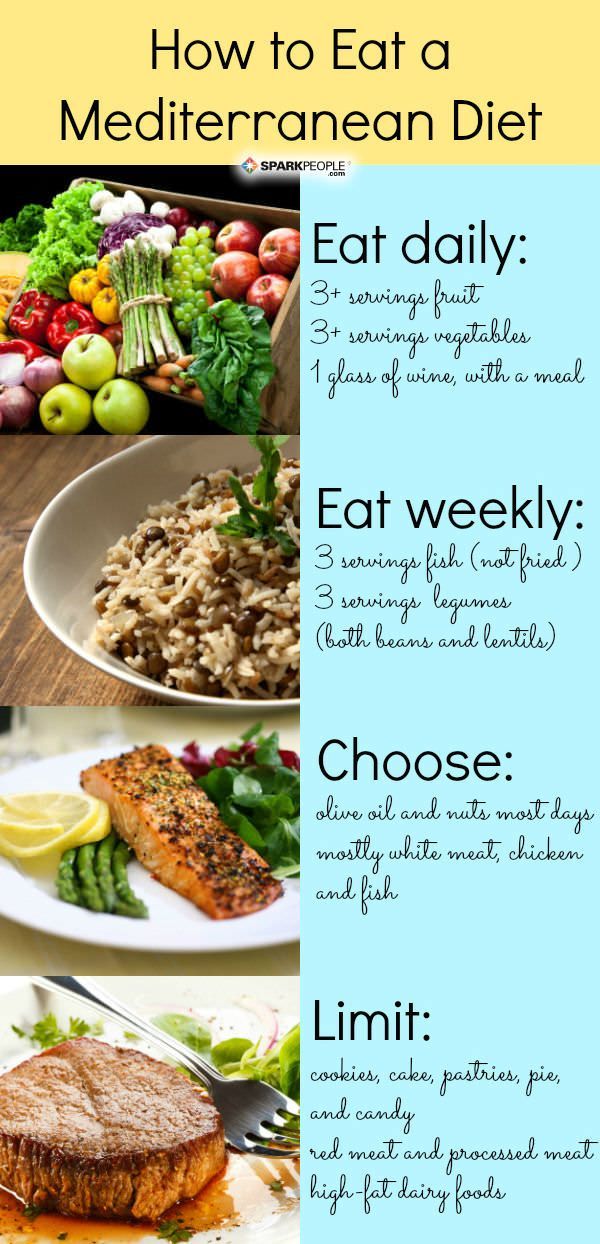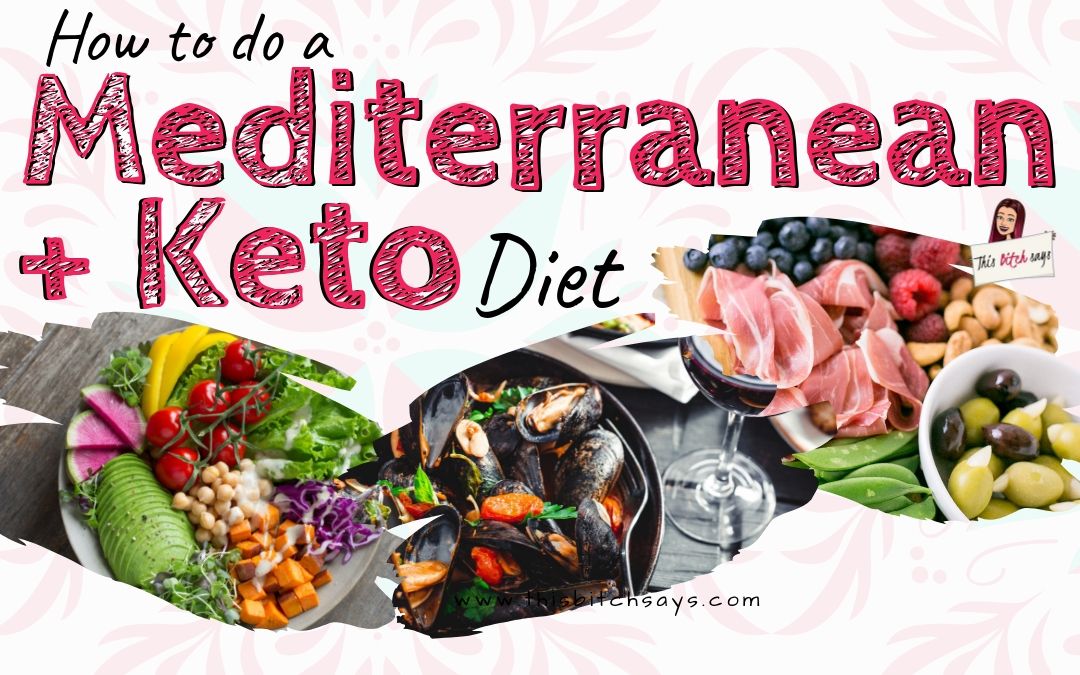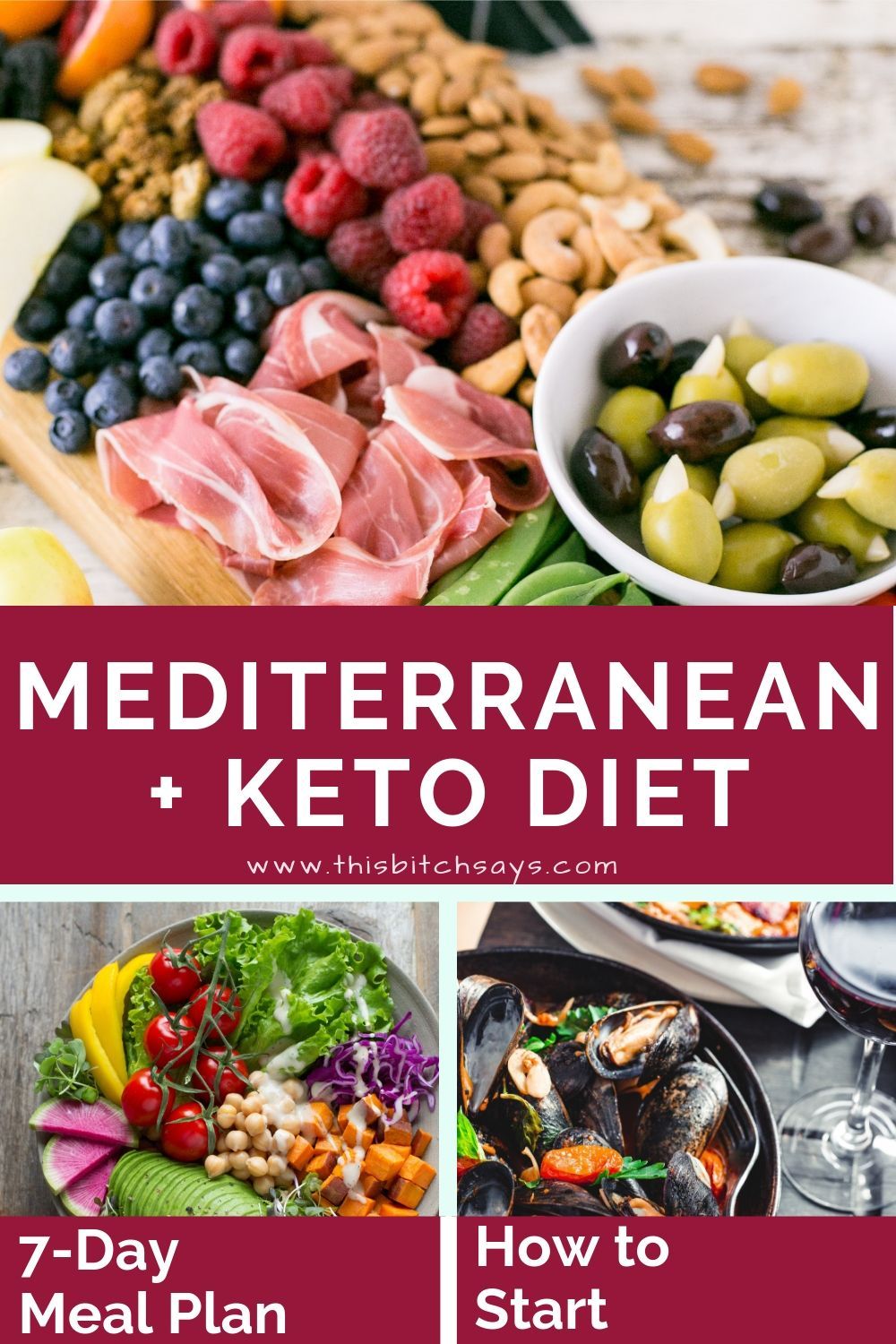The Mediterranean Keto Diet combines the rich flavors and healthy fats of Mediterranean cuisine with the low-carb principles of the Keto diet. This diet pattern has gained widespread popularity for its potential to improve health markers and aid in weight loss. In this comprehensive guide, we will delve into the benefits, tips, and strategies to effectively implement the Mediterranean Keto Diet in 2024.

mediterranean keto diet
1. Understanding the Mediterranean Keto Diet
The Mediterranean Keto Diet emphasizes whole, unprocessed foods, prioritizing healthy fats. While traditional Keto focuses predominantly on high-fat, moderate-protein, and very low-carb intake, the Mediterranean approach incorporates elements such as:

mediterranean keto diet
- Healthy fats: Olive oil, avocados, nuts, and seeds.
- Lean proteins: Fish, poultry, and legumes.
- Low-carb vegetables: Leafy greens, zucchini, and eggplant.
- Fruits: Berries in moderation.
2. Infographic: Nutritional Composition Comparison
| Food Type | High Carb | Medium Carb | Low Carb |
|---|---|---|---|
| Breads and Pastries | 70-80% | 20-30% | 0% |
| Whole Grains | 60-70% | 40-50% | 10-20% |
| Legumes | 30-40% | 20-30% | 15-25% |
| Vegetables | 10-20% | 10-15% | 5-10% |
3. Health Benefits
Implementing the Mediterranean Keto Diet can offer numerous health benefits:

- Weight Loss: By reducing carbohydrate intake while increasing healthy fats, your body enters a state of ketosis, a metabolic state that burns fat for fuel.
- Heart Health: The diet is rich in omega-3 fatty acids, which can promote heart health and lower triglyceride levels.
- Reduced Inflammation: Components like olive oil and numerous vegetables are known for their anti-inflammatory properties.
- Improved Cognitive Function: Omega-3 and antioxidants found in this diet may enhance cognitive functions and reduce the risk of Alzheimer’s.
4. Practical Tips for Success
If you’re ready to embrace the Mediterranean Keto Diet, consider the following strategies:

mediterranean keto diet
- Meal Prep: Plan your meals in advance to avoid the temptation of high-carb foods. Consider batch cooking and having keto-friendly snacks on hand.
- Stay Hydrated: Drink plenty of water and consider electrolyte supplementation, especially in the beginning phases of the diet.
- Mindful Eating: Focus on your meals during dining. This practice promotes satisfaction and can help regulate portions.
- Explore Mediterranean Recipes: Incorporate diverse and flavorful Mediterranean dishes into your routine. Examples include ratatouille, grilled octopus, and Greek salads with feta and olives.
5. Common Challenges and Solutions
Transitioning to a Mediterranean Keto Diet may come with challenges. Here are some common pitfalls and how to navigate them:

mediterranean keto diet
- Carb Cravings: To combat cravings, increase your intake of healthy fats like avocados and nuts that keep you satiated.
- Social Situations: When dining out, don’t hesitate to request modifications to your meal or choose dishes rich in proteins and healthy fats.
- Learning Curve: Education can lessen the difficulty of transitioning to this diet. Invest time in learning about the Mediterranean lifestyle.
FAQs
- Q1: Can I incorporate dairy into the Mediterranean Keto Diet?
- A1: Yes, opt for full-fat dairy options like cheese and Greek yogurt in moderation.
- Q2: How many carbs can I consume on the Mediterranean Keto Diet?
- A2: Generally, aim for 20-50 grams of net carbs per day, depending on your unique dietary needs.
- Q3: Is this diet sustainable long term?
- A3: Many find the Mediterranean Keto Diet sustainable due to its variety and the flexibility it offers in food choices.
- Q4: What are good sources of protein on this diet?
- A4: Excellent sources of protein include fish, chicken, eggs, and plant-based proteins like quinoa and legumes in moderation.
- Q5: Can I drink wine while on the Mediterranean Keto Diet?
- A5: Limited amounts of dry red or white wine can be consumed, keeping in mind the carb content.
